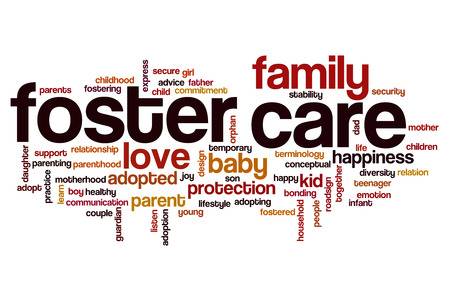Foster Care Isn’t Perfect

February 1, 2019
Foster care is a system in which a minor has been placed into a ward, group home, residential child care community, treatment center, or private home of a state-certified caregiver, referred to as a “foster parent” or with a family member approved by the state.
At least that’s what we’ve been told.
You see behind this facade of a picture perfect system that is,”changing this world for the better”, there are many flaws that need to be brought to light. Before 2004, the most common approach was to put children in orphanages and poorhouses. If the child was lucky, a loving family would eventually adopt them. However, this didn’t happen quite often. Because of this, a less suited family would take the child, often to use them for free labor, or the child would stay in the orphanage until reaching adulthood.
The reasoning behind foster care is that children are better off, emotionally and psychologically, in a home environment, with someone filling the role of a parent. Many children end up bouncing from foster home to foster home, never finding a permanent family. This is one example as to how the foster care system is clearly imperfect, since it often adds more instability to a child’s life.
Foster care involves a lot of hard work on the part of administrators, social workers, parents and, most importantly, the foster children. While government regulations generally direct how foster care operates, independent non-profit organizations (licensed by the state) do a huge amount of the actual work in some areas. These organizations generally receive government funds, but they may also depend on charitable donations. Their job is to look out for the best interests of the child and work towards putting the child in a permanent home.
Foster children may also have special psychological needs. Many come from abusive environments, and all are in the stressful situation of being apart from their birth family. The sad thing is, some people use these children for their own benefit. You see, because you are caring for a child the government gives you money, like child support in a way. $315 for children up to 5 years old, $365 for children 6 to 12 and $415 for children 13 and up. People often use this money for themselves instead of the children. No one checks to see if they actually buy them food or clothes.
Whether this happens or not is only known to the foster parent and the foster child. The system is imperfect, but it isn’t all that bad. These flaws can be fixed to make this system work. These changes could change the system for the better and the children’s safety should be the number one priority.
